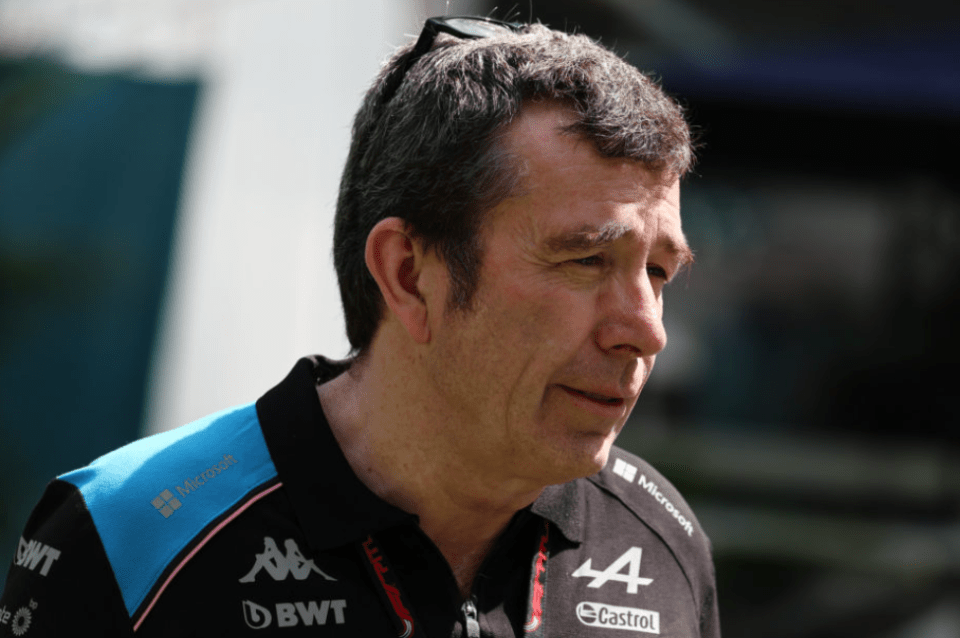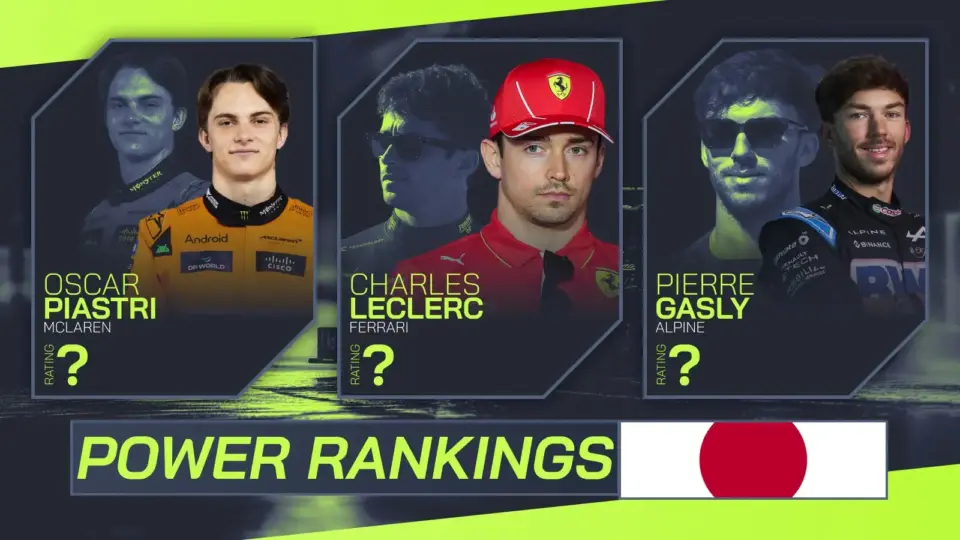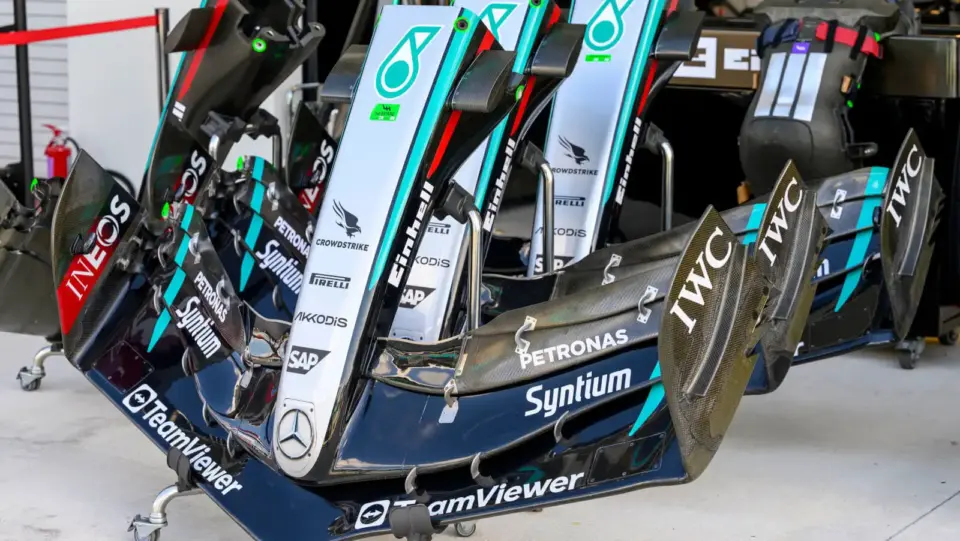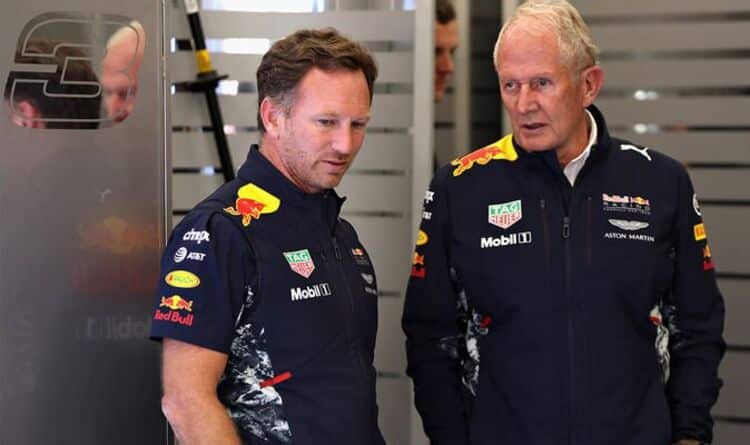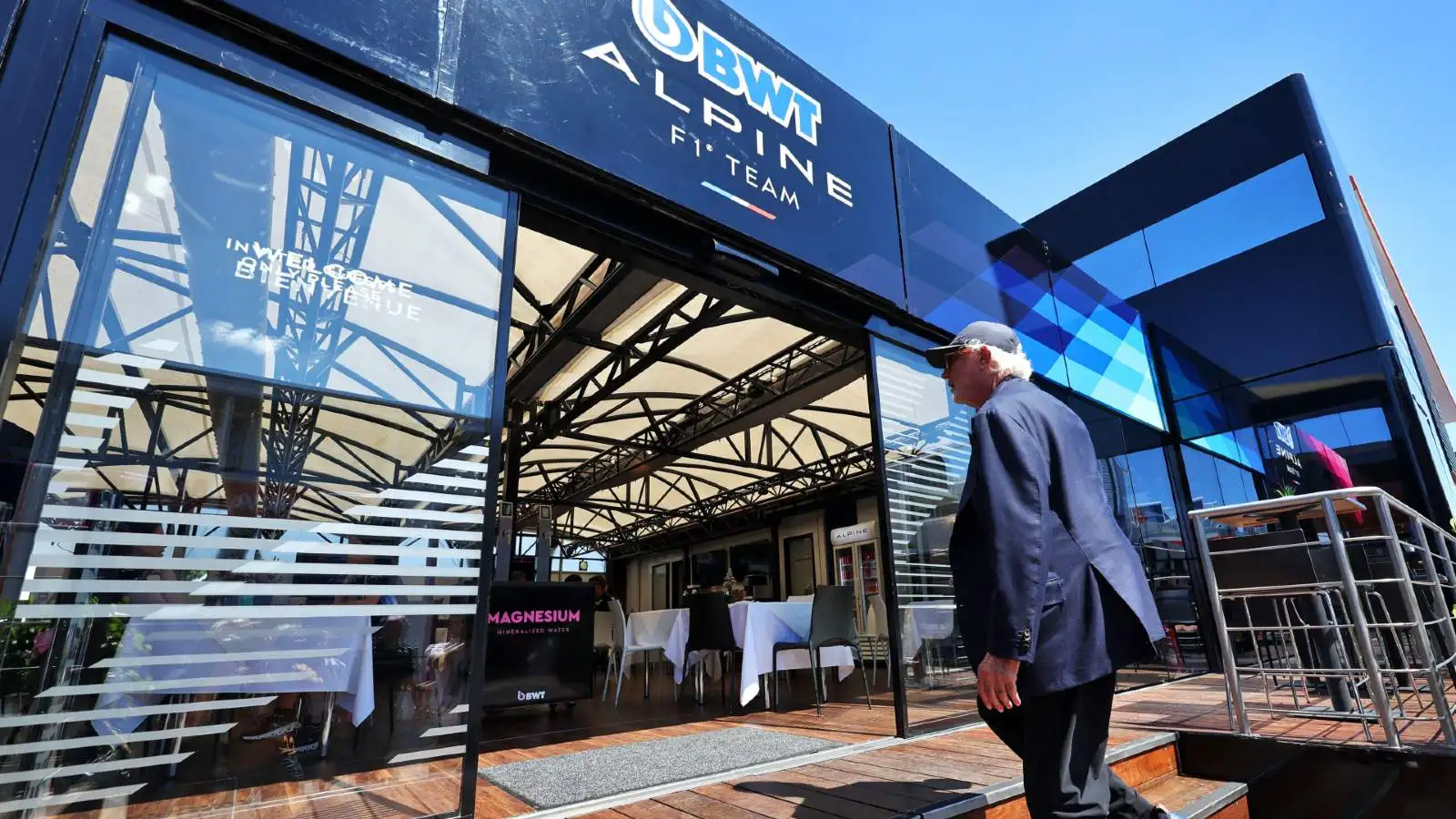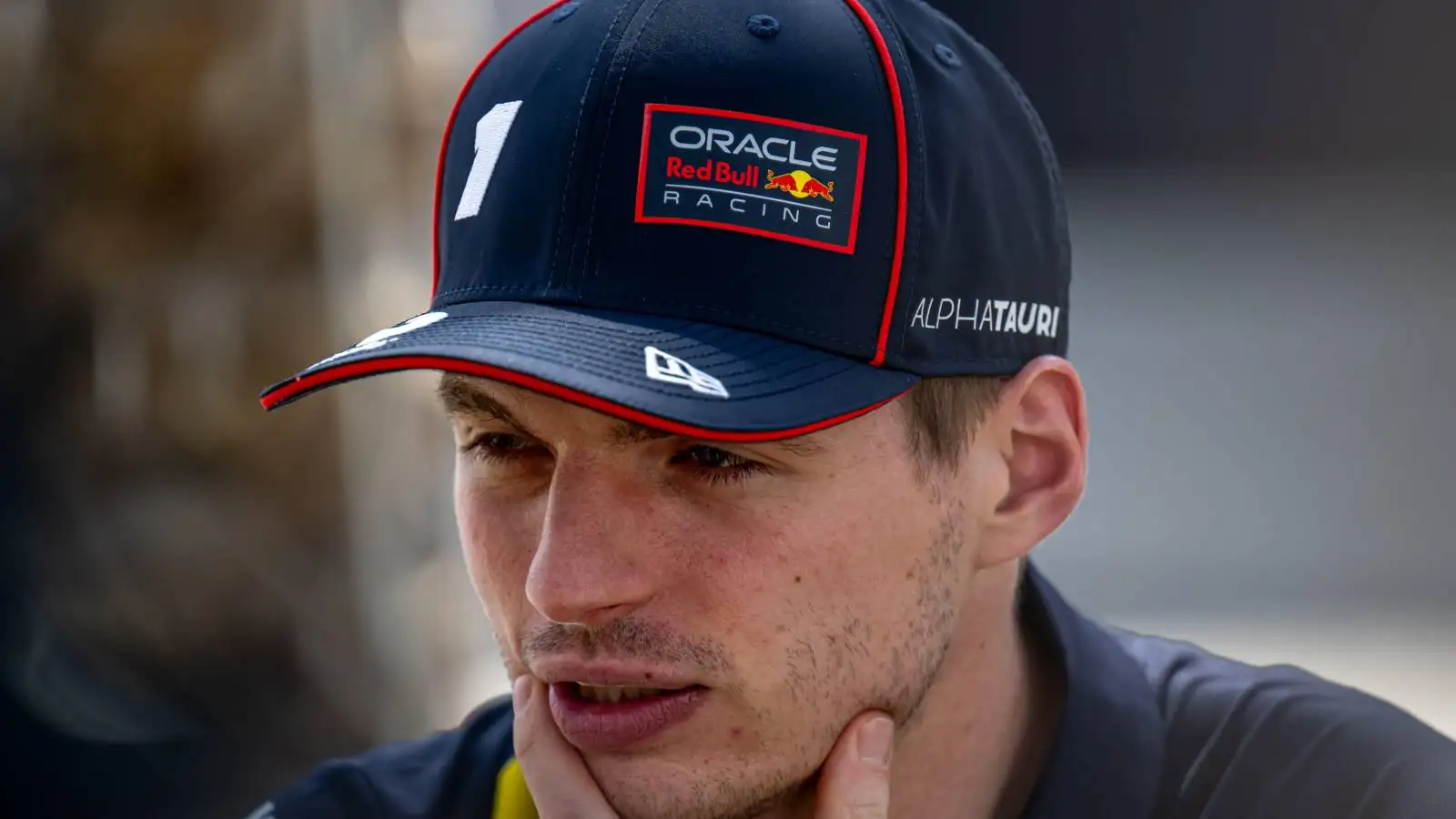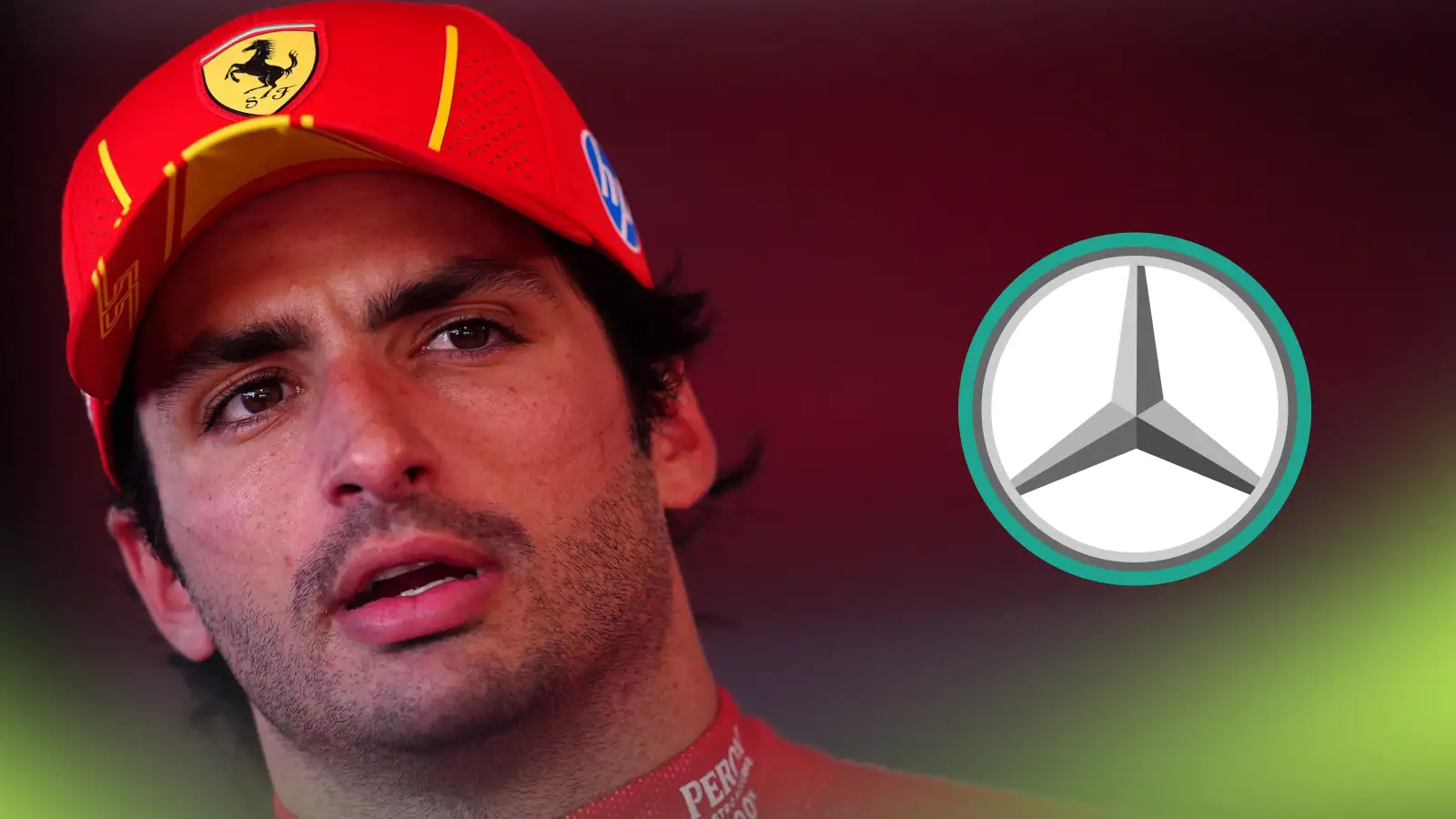- The British and French have a long history of rivalry, dating back to the 1904 Entente Cordiale.
- Renault’s fluctuating involvement in F1 has led to both triumphs and scandals.
- Alpine, Renault’s rebranded F1 team, has faced recent turmoil and public embarrassment.
- Corporate interference poses significant challenges for F1 teams, as seen with Renault and Honda.
- Edd Straw criticizes Renault’s decision to involve Flavio Briatore in the team’s future.
Back in 1904, the British and French signed the Entente Cordiale to improve their historically rocky relationship. However, this didn’t halt the spirit of competition between them. While the French pushed for a European federation of states, the British eventually stepped back in 2016, deciding they’d rather manage their own affairs devoid of Brussels’ and Strasbourg’s micromanagement. A global pandemic and the Ukraine conflict blurred the outcomes of this decision.
The British have often preferred working in smaller, more nimble units, contrasting with Europe’s grand corporations. This difference extended to motorsports. Enzo Ferrari’s disdain for British ‘garagistes,’ like Cooper and Lotus, who pieced together cars from various parts, seemed misplaced. Innovations by figures like Colin Chapman proved such small outfits could indeed outmaneuver the giant manufacturers. Despite Ferrari’s early criticisms, seven of the ten current F1 teams are based in the UK’s motorsport corridor, showcasing the ongoing influence of the British approach.
Turning to Renault, the French automaker’s F1 journey has been erratic. They toggled between being an engine supplier and running a works team. In 2005/6, under the Renault name, they clinched world titles with Fernando Alonso. However, scandals like the 2008 Singapore cheating incident marred their reputation. After rebranding as Alpine, the team has struggled, evidenced by a mass clear-out of senior staff and public disputes.
In contrast, Honda, learning from past mistakes, established a new corporate structure to handle F1 activities, keeping top-level executives at bay. This move seems wise as corporate interference often does more harm than good, a lesson Renault appears to be learning the hard way. Renault’s recent move to appoint Flavio Briatore, involved in the 2008 scandal, as an advisor has raised eyebrows, implying a potential motive to sell the struggling team. Edd Straw labels this decision ‘absurd,’ pointing out the whiff of corruption it brings back to the paddock. Despite denials from Renault, Straw suggests the intention might be to make the team a more sellable asset.
While corporate giants sometimes stumble in the racing world, the essence of effective team management remains unchanged: let the experts do their job without undue interference from above.
Renault’s F1 journey underscores the pitfalls of excessive corporate meddling in motor racing.
